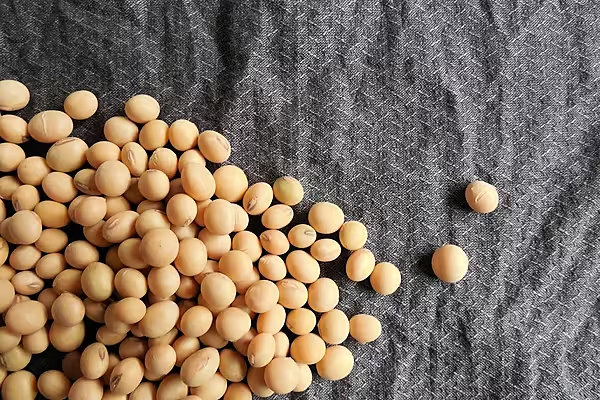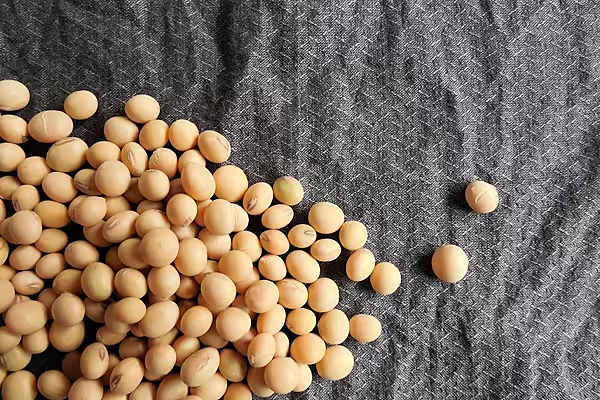Mexico is no longer the biggest buyer of corn from the U.S., a sign that trade tensions are pushing American grain toward other markets while its southern neighbor lines up new suppliers.
Sales to Mexico through May were $1.04 billion, down 6.7 percent from a year earlier, the U.S. Department of Agriculture said Thursday in a monthly update. That contrasts with the 32 percent increase for the overall value of U.S. corn exports in the period, during which the average dollar value of the commodity was little changed. Japan boosted its purchases 53 percent to $1.19 billion to become the largest importer of American corn.
Mexico initiated talks with other major corn exporters this year after it was criticized by President Donald Trump, who said the country has taken advantage of its northern neighbor through the North American Free Trade Agreement, taking away jobs and investment. The dispute helped to send the Mexican peso to a record low against the dollar in January
Peso Recovery
Mexican purchases now seem to be rebounding as the peso recovers, said Lesly McNitt, public policy director for the National Corn Growers Association in Washington. Still, the relatively sluggish pace of shipments shows how the bilateral trade relationship in agriculture is at risk, with Nafta heading toward a renegotiation as soon as next month, she said.
"They are preparing a Plan B in case the U.S. becomes a less reliable supplier," she said. "We would hope they wouldn’t have to feel the need for a Plan B. For a long time, they didn’t."
Mexico, which imported 13.8 million metric tons of U.S. corn in 2016, has been talking to sellers in South America. Buenos Aires-based Adecoagro SA is pursing opportunities to sell Argentinian corn and rice. In May, a Mexican livestock group signed a contract to import 60,000 tons from Brazil.
The same month, Francisco Gurria Trevino, a Mexican government official in charge of livestock policy, said his country may import as much as 5 million tons of corn from Brazil in the medium-to-long term.
News by Bloomberg, edited by ESM. Click subscribe to sign up to ESM: The European Supermarket Magazine.














